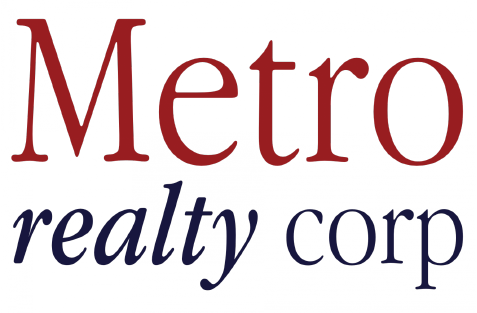How to Price Your Boston Home to Sell in Spring 2025

ADAM UMINA
LICENSE BROKER #9569629Adam grew up in Newton MA, attending Newton South High School before earning a B.S...
LICENSE BROKER #9569629Adam grew up in Newton MA, attending Newton South High School before earning a B.S...
Spring is often the busiest time of year for home sales, and if you’re considering putting your property on the market, you’re certainly not alone. But with all the activity, a crucial question arises: How do I price my home effectively?
Getting the price right is essential. If you set it too high, you risk turning away potential buyers. If you price it too low, you might miss out on what your home is genuinely worth. Let’s explore how to find that sweet spot—where your home sells quickly and for a price that reflects its true value.
Understand the Current Market in Boston
To start, it’s essential to grasp what’s currently happening in the Boston housing market this spring. Interest rates have been fluctuating but have slightly eased since last year's peaks. While buyers are still cautious, many are eager to make a purchase before rates rise again. For instance, the average mortgage rate in Boston recently hovered around 6.5%, which is still a concern for many potential buyers.
Inventory levels are also critical. In neighborhoods like South Boston and Jamaica Plain, we’ve seen a mix of listings. For example, in South Boston, the inventory has increased by about 15% compared to the same time last year, while Jamaica Plain remains relatively tight with fewer homes available. If there are more homes for sale than usual, you’ll need to price your property competitively to attract buyers. Conversely, if inventory is low, you might have a bit more flexibility in your pricing.
Additionally, economic factors like tariffs and inflation are impacting the market. Homebuyers and sellers alike are more aware of how these elements can influence mortgage rates and, consequently, purchasing power. Keeping an eye on these trends is increasingly important for anyone looking to sell.
The Role of Seasonality in Boston
Spring isn’t just a popular time for buyers; it’s also when many sellers list their homes. The blooming flowers and mild weather help properties look their best, which means increased competition. To stand out, you’ll want to ensure your home is priced correctly from the get-go.
Buyers tend to be more emotionally driven in spring, picturing their summer barbecues and family gatherings in a new home. Make sure your property is in prime condition for showings to capitalize on this emotional aspect.
Get a Comparative Market Analysis (CMA)
One of the best tools for determining your home’s value is a Comparative Market Analysis, or CMA. This involves examining recent sales of similar homes in your neighborhood to see how your property compares, taking into account factors like square footage, condition, age, and any upgrades.
It’s important to note that homes sold six months ago might not reflect today’s market dynamics. With the influx of spring buyers, demand can shift rapidly. Make sure your agent provides real-time data for the most accurate assessment. If you need a detailed CMA with the latest stats, just reach out.
Think Like a Buyer
This can be challenging, but it’s crucial to view your home from a buyer’s perspective. You might adore the custom kitchen backsplash or that cozy reading nook, but will buyers feel the same way?
Remember, buyers are often comparing multiple properties, and they’re looking for value. If a similar home down the street has a newly remodeled bathroom and yours doesn’t, pricing yours slightly lower could be the smarter move to attract interest.
Don’t Overprice “Just to See”
It’s tempting to list high and hope buyers will negotiate down. However, overpriced homes usually sit on the market longer. The longer your home lingers, the more buyers will wonder why it hasn’t sold.
If you’re not seeing much interest in the first couple of weeks, it might be time to reconsider your pricing strategy. Your agent can help monitor feedback from showings and identify patterns—if buyers love the layout but hesitate at the price, that’s a clear indication that a price adjustment may be necessary.
Factor in Your Goals
What are your goals for selling? Are you looking for a quick sale so you can move into your next home, or are you willing to hold out for the highest possible offer? Your pricing strategy should reflect those priorities.
If you need a fast sale, pricing slightly below market value can create urgency and potentially spark a bidding war. On the other hand, if you're not in a hurry, you might have the flexibility to set a higher price and negotiate from there.
Consider Recent Upgrades and Repairs
If you’ve recently renovated your kitchen, added a deck, or updated your roof, these improvements can increase your home’s value. However, not all upgrades provide a dollar-for-dollar return. Typically, kitchen and bathroom renovations offer higher returns compared to other updates. It’s essential to ensure your agent considers these factors when determining your price.
Conversely, if your home has outdated features or needs repairs, buyers will expect a lower price. Taking care of minor repairs and touch-ups before listing can help you avoid lowball offers.
Monitor Neighborhood Trends
Pay attention to what’s happening in your neighborhood. Are homes selling quickly? Are there multiple offers? Or are properties lingering on the market with price reductions?
Your agent can help you analyze these trends and decide whether it’s best to price your home at the higher or lower end of your range.
Be Prepared to Negotiate
Stay calm and flexible, and work with your agent to find common ground. A well-negotiated sale can benefit both you and the buyer.
Stay Flexible
Even with careful planning, the market can change. Perhaps a competing home in your neighborhood lowers its price, or buyer demand suddenly picks up. Be open to adjusting your price if necessary.
Your agent is your best resource for monitoring trends and advising you on any adjustments that could expedite your home sale.
Final Thoughts
Pricing your home isn’t an exact science, but it doesn’t have to be a guessing game either. By understanding market conditions, considering buyer perspectives, and collaborating with a knowledgeable agent, you can confidently set a price that works for you.
If you’re ready to take the next step, reach out for a personalized pricing strategy tailored to your home and your goals.
Thinking about selling your home?
Get in touch. We'll guide you through every step of the process to ensure a smooth transaction that meets your goals.



